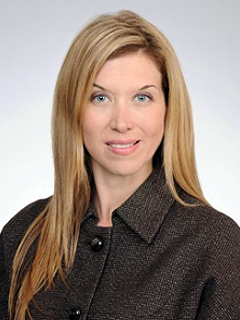Colorado
Colorado: Retroactive CARES Act Changes Applied Despite Emergency Conformity Rule
In a recent published opinion, the Colorado Court of Appeals ruled that the state’s income tax code incorporates retrospective federal changes, despite a regulation to the contrary. The dispute involved two individual taxpayers who filed an amended return for the 2018 tax year claiming a refund of Colorado income taxes related to a federal tax change in the CARES Act. Specifically, the CARES Act change at issue suspended the excess business loss deduction limits for the 2018 through 2020 tax years. This allowed taxpayers, such as those involved, with losses in excess of the threshold, to retroactively reduce their federal taxable income for the 2018 and 2019 tax years. In June 2020, a few months after the enactment of the CARES Act, the Colorado Department of Revenue adopted an Emergency Rule (later this regulation became Permanent Rule CRS 39-22-103(5.3)) stating that the “Internal Revenue Code” does not, for any taxable year, incorporate federal statutory changes enacted after the last day of that taxable year, meaning that federal statutory changes enacted after the end of a taxable year do not affect a taxpayer’s Colorado tax liability for that taxable year. The General Assembly later enacted a law preventing taxpayers (both individuals and corporations) from benefitting from certain CARES Act changes for income tax years beginning or ending on or after the enactment of the CARES Act (March 27, 2020), but before January 1, 2021. The taxpayers filed amended Colorado returns claiming the entirety of their excess business losses and seeking Colorado income tax refunds. The Department denied the refunds because of the Emergency Rule. After a district court ruled in the Department’s favor, the taxpayer appealed.
The appeals court noted at the outset that there was no ambiguity in the state law as written and changes to the Internal Revenue Code apply for Colorado purposes without any limitation as to when the amendment is enacted or when it goes into effect. Specifically, the law incorporates the IRC and other federal laws relating to federal income taxes “as the same may become effective at any time or from time to time, for the taxable year.” Further, the language that the Department used in its Emergency Rule did not appear in the plain language of the state income tax code and read words into the statute that were not present. In fact, had the statute provided for prospective application only, the court noted that there would have been no need for the Department to issue the Emergency Rule. Given that the Emergency Rule’s interpretation was contrary to the statute’s plain language, the court declined to defer to it. Additionally, the subsequent amendments to the statute to disallow certain CARES Act benefits did not change the result for the 2018 and 2019 tax years, as the law change applied to only 2020 and 2021. The court reversed the district court’s judgment and remanded the case for further proceedings. Please contact Derek Weisbruch with questions on Anschutz v. Department of Revenue.






